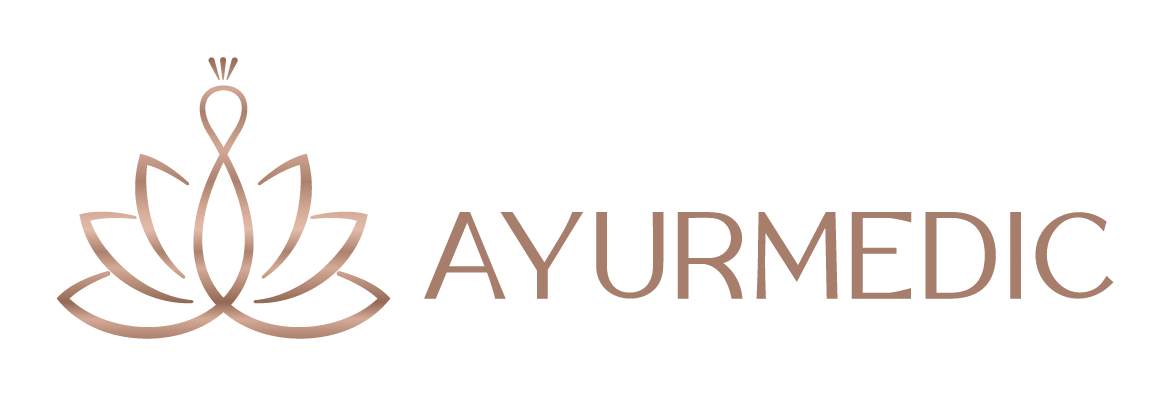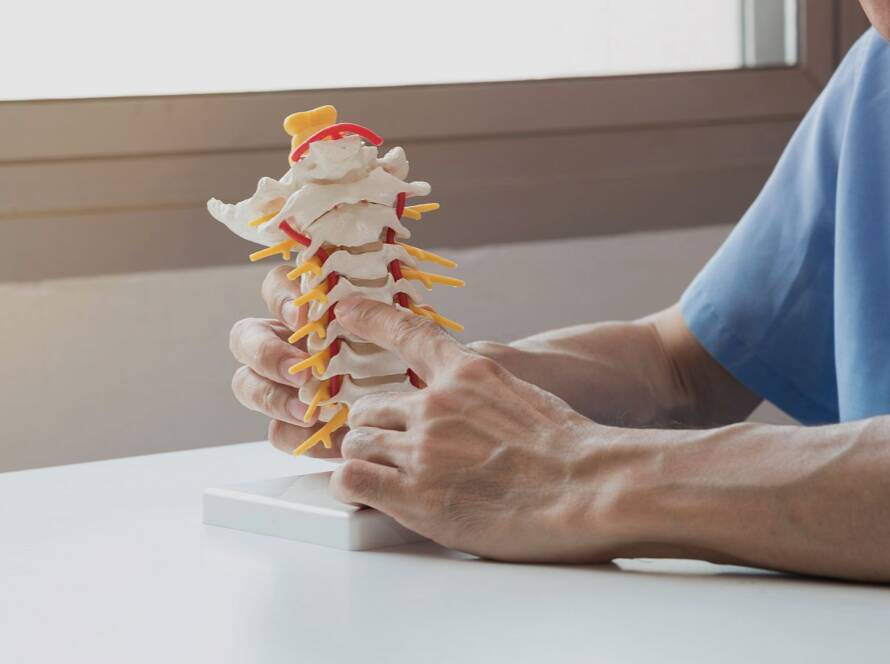The human reproductive system consists of male and female reproductive organs and structures. Their growth and activity is regulated by hormones. The main function of the system is to produce male and female germ cells (gametes), ensuring the growth and development of offspring.
Pathologies of the reproductive organs are divided into three groups:
- Inflammatory diseases caused by pathogenic micro-organisms.- Hormonal sexual diseases resulting from endocrine system dysfunction.- Hyperplastic or dystrophic diseases of the genital organs - tumours and cysts.
The treatment of most of these is not a speciality of our clinic, but we use the results of Ayurvedic medicine to keep the reproductive system healthy and youthful and to achieve successful results.
In our clinic, couples who have previously been deemed unfit to have children are often able to have children after treatment.
Sexual disorders treated by CALENDULA Clinic
Decreased libido
A sexual dysfunction that manifests itself in a decrease in sexual desire. It can be caused by various reasons (general illnesses, prolonged sexual abstinence, abnormal endocrine conditions, taking certain drugs, etc.). This dysfunction is dangerous because it leads to a disruption of the regularity of sexual activity, pelvic organ congestion and psychological problems.
Low testosterone levels
Testosterone is the main sex hormone in the male body. It is produced in the testes and cells of the adrenal cortex and is responsible for the development of secondary sexual characteristics during puberty. Maximum testosterone levels are observed in men between the ages of 18 and 30, after which they gradually decline. Low testosterone levels lead to the development of reproductive and erectile dysfunction in men.
From erectile dysfunction erectile dysfunction, which makes intercourse impossible. Similar sexual dysfunction increases with age and is seen in 70% of men aged 60 years and over.
*Male and female infertility occurs when a couple is unable to have children, even though they have a healthy sex life without using contraceptives. A few decades ago, 80% of cases of infertility were explained by the pathology of the woman, but today this rate has fallen to 55-60%.
A climate change the fading of sexual function in women due to physiological and hormonal changes in the body. This process usually starts after the age of 45 and lasts for about 10 years. It manifests itself in the gradual cessation of menstruation.
The main symptoms of female menopause are: sudden hot flashes, increased irritability, sensitivity, sweating, blood pressure fluctuations, sleep disturbances, etc.
A male menopause hot flushes, hot flushes, sweating, tachycardia, drop in blood pressure and weakening of the erection can also be observed. This usually occurs between the ages of 50 and 60. The decrease in testosterone production is manifested by changes in the structure and impaired activity of the prostate gland (prostate). One of the serious problems of menopause in men is prostate adenoma.
Leucorea - the mucous membranes of the vagina are associated with Candida fungus. Traditionally, antibiotics are recommended to cure these disorders. However, the cause of the disease may lie in dysbiosis: a thin membrane separates the rectum and the vagina, and the same lymphatic and capillary sinuses feed and drain blood. In dysbiosis, the capillary system is disturbed, so the pathogenic flora invades the vagina. In this case, it is important to cleanse the body and restore intestinal functions.
The oldest medical medicine has a specific field of sexual health, related to the rejuvenation of the reproductive functions of women and men.
A Vajikarana a Rasayana sub-stage, a therapy aimed at preventing and halting the ageing process. The healing mechanism of Ayurveda involves slowing down the ageing process of the body and promoting the renewal of the reproductive organs.
Methods
Nutrition - a specially formulated diet should include products that support hormone levels: for men, protein, which is rapidly converted into testosterone, and for women, phytoestrogens;
Herbal therapies - For thousands of years, Ayurveda has identified the most effective plants for restoring the reproductive systems of women and men. For example, ashwagandha (Vitnania Somnifera) normalises the secretion of luteinising and follicle-stimulating hormones, restores ovarian and myometrial function. Other potent plants that affect the reproductive system are orchis (Órchis), shining asparagus (Asparagus lucidus L.) and traditional asparagus (Asparagus officinale).
Ayurveda has made a wide variety of medicines from herbs for rejuvenation and treatment of the reproductive organs. These are called rasayana and vajikarana - the names of the therapeutic systems. In addition to the herbal ingredients, precious metals and minerals are added to the formulation. With repeated firing and grinding, these ingredients are converted into an organic compound - basma, which is a synergist of the plants, enhancing their action and increasing their effectiveness;
Exercises - in yoga and pranayama, there are a number of methods that can strengthen and tighten specific muscle groups, including the pelvic floor, vagina, buttocks, abdomen, and abdomen;
Procedures - to rejuvenate the organs of the reproductive system, special massages and compressions are used. Tensioning, cooling, heating, hydration and other procedures to influence the skin, connective tissue and muscular system. Marma-therapeutic methods allow the use of additional heat and pressure to stimulate specific points, to induce reflex tension or compression and thus increase tissue tone.
The baths are also useful - butter and milk. When the whole body is immersed in a similar solution, fat-soluble substances from certain fruits, plants and animal products pass through the skin;
Internal therapy - enema, tampons, suppositories, the deep muscles of the vagina, the uterus, the supplements are touched from the inside, tightened, contracted, hydrated and nourished.
The recommended programmes are Rasayana - Vajikarana; Complex Panchakarma



